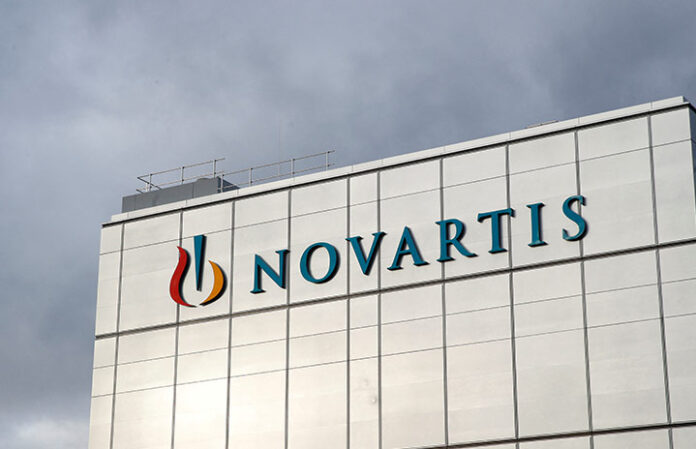With the FDA’s approval, Novartis and Eli Lilly can now formally compete to dominate the market for patients with early-stage breast cancer.
As an adjuvant treatment for HR-positive, HER2-negative stage 2 and 3 breast cancer at high risk of recurrence following surgery, the FDA has cleared Novartis’ Kisqali when used in conjunction with an aromatase inhibitor, the firm reported on Tuesday.
Unlike Lilly’s Verzenio, Kisqali’s expanded label includes patients whose lymph nodes are free of cancerous cells. For patients with HR+/HER2- breast cancer, Verzenio’s first-in-class approval is restricted to those with nodal involvement.
Novartis stated that Kisqali’s broader indication nearly doubles the size of the eligible patient population for post-surgical adjuvant therapy within the CDK4/6 inhibitor class.
In November, Novartis predicted that a comprehensive, node-agnostic label in the adjuvant setting could translate into more than $3 billion in additional peak annual sales for Kisqali, bringing the drug’s total peak projection to $7 billion.
Kisqali is also prescribed for treating metastatic HR+/HER2- breast cancer. With strong backing from multiple phase 3 trials demonstrating its potential to prolong patients’ lives, Kisqali experienced a remarkable sales boost of nearly 48% in the first half of 2024, reaching $1.34 billion.
Likewise, Lilly’s Verzenio, benefiting from its distinctive adjuvant approval, saw a 42% increase in sales during the same period, totaling $2.38 billion.
The most recent approval for Kisqali is based on findings from the phase 3 NATALEE trial. This study revealed that when combined with endocrine therapy, Kisqali lowered the risk of disease recurrence or death by 25.1% in early-stage HR+/HER2- stage 2 and 3 breast cancer, compared to using endocrine therapy alone.
A four-year exploratory analysis presented at the European Society for Medical Oncology’s annual meeting on Monday revealed that, with extended follow-up, Kisqali’s invasive disease-free survival benefit increased to 28.5%. This analysis wasn’t included in the newly approved Kisqali label.
Similar improvements were observed in all patient subgroups, including those classified by disease stage and nodal involvement. In patients without nodal involvement, an estimated 92.1% of those taking Kisqali were alive and disease-free at four years, compared to 87% in the control group. The absolute improvement of 5.1% represented a growth from 2.6% at the three-year mark.
The data is exciting because Kisqali deepened its treatment effect even after patients had stopped taking the Novartis drug at the time of analysis, Novartis’ chief medical officer, Sriram Aradhye, M.D., said in a recent interview.
Kisqali is used at a lower dose in early-stage cancer compared to advanced disease. Unlike Verzenio, which has a two-year regimen, Novartis’ medication is administered for up to three years in the adjuvant setting. Novartis believes that a longer treatment period could lead to greater efficacy over the long term.
62.8% of patients in the NATALEE trial finished the entire three-year Kisqali regimen. Among the 37.2% who stopped early, investigators identified adverse events as the primary reason for 20% of those cases.
According to Novartis, the main reason for treatment discontinuation was asymptomatic lab findings like liver enzyme elevations, which were mandated by the trial protocol. Novartis suggested that in real-world scenarios, adjusting doses and implementing other strategies could help patients stay on treatment longer.
Aradhye argued that Kisqali’s popularity as the most-used CDK4/6 inhibitor in the metastatic setting and its consistent benefits shown in early-stage cancer subgroups could drive further uptake.


